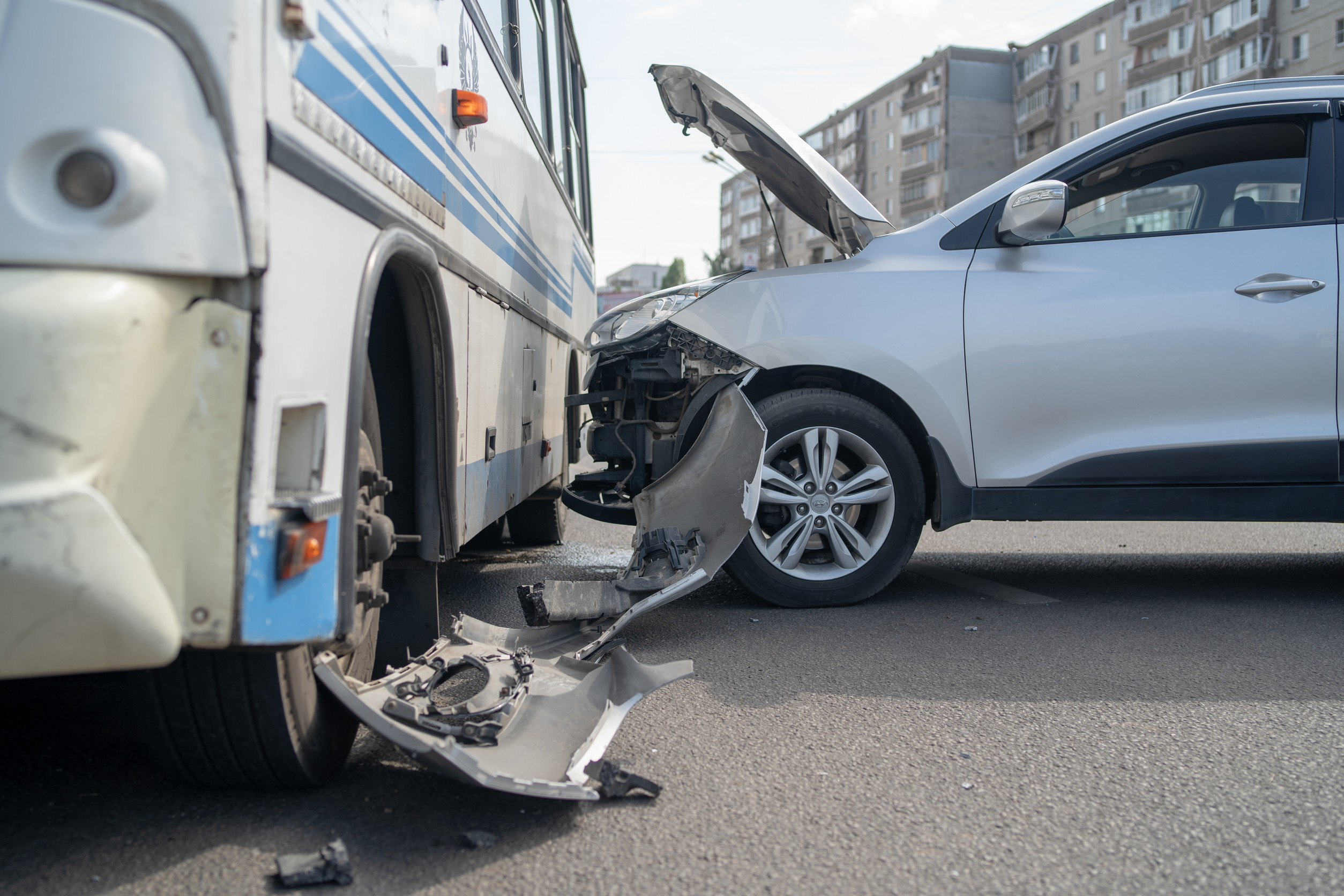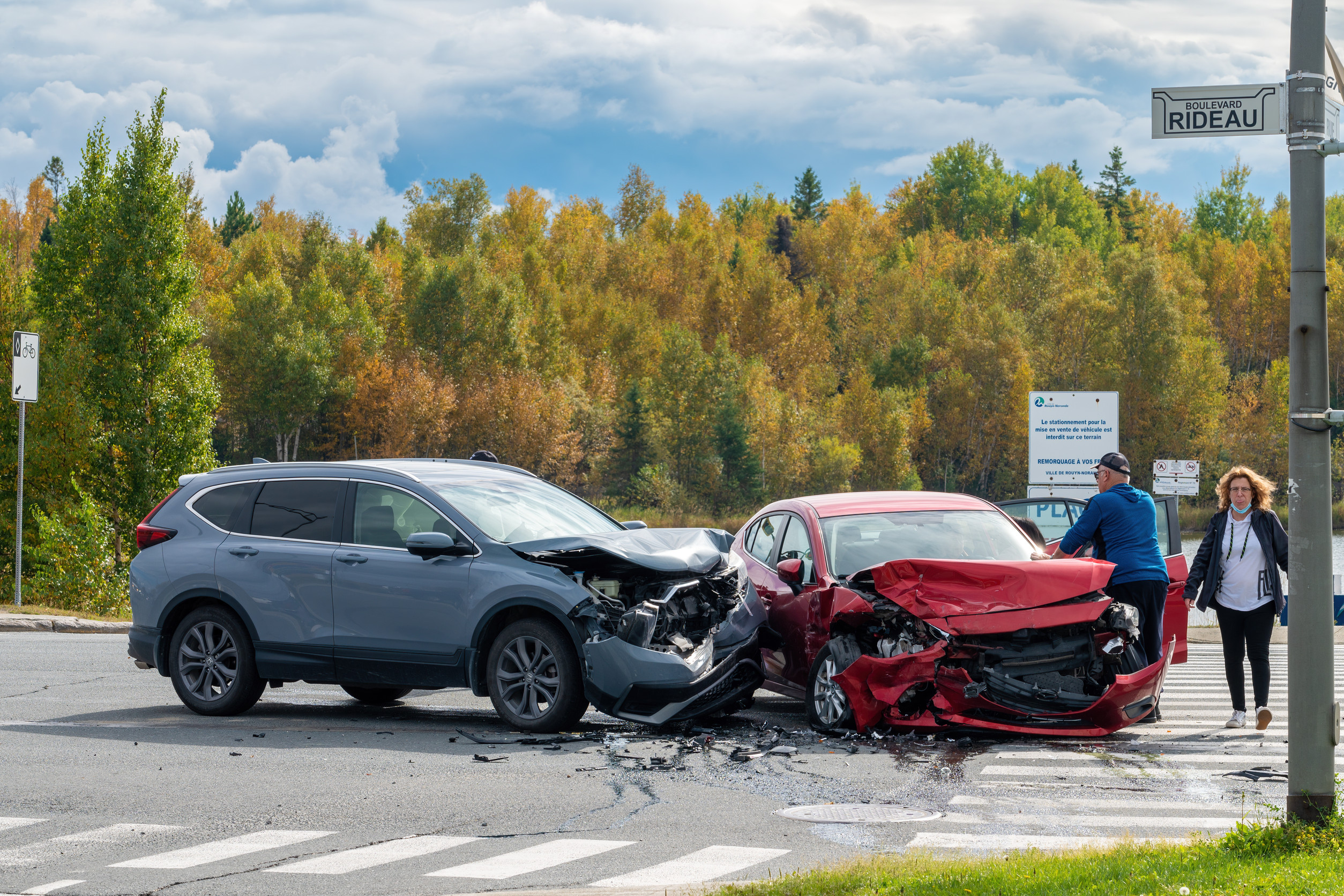
One moment you’re cruising down the highway with your favorite song blasting, and the next—BAM—life takes a sharp turn you never saw coming. Car accidents don’t just leave dents in your bumper; they can smash right through your finances too. From medical bills piling higher than a skyscraper to surprise fees that show up months later, the aftermath isn’t just physical or emotional—it’s financial warfare.
The scary part? Even a minor accident has the power to unravel years of savings. So, could a single crash really leave someone broke forever?
The True Cost of a Crash
The dollar signs start appearing long before the tow truck arrives. Emergency room visits, scans, surgeries, and medications rack up bills faster than most people realize. Add lost wages from missing work, and suddenly, the ripple effect stretches into daily living expenses. Car repairs, rental fees, and insurance deductibles stack on top, turning the mess into a financial avalanche. It’s not just about fixing a car; it’s about rebuilding a budget.
Insurance: Safety Net or False Hope?
Auto insurance promises peace of mind, but the fine print often hides nasty surprises. Policies have limits, and once those limits are reached, victims are left footing the rest of the bill. Some drivers carry the bare minimum coverage, which leaves a massive financial gap after serious accidents. Even with full coverage, disputes with insurers can drag on for months, delaying critical payments. In the meantime, expenses don’t wait—they just keep coming.
Medical Debt That Lingers for Years
Hospital bills don’t vanish once the accident fades from memory. They can turn into long-term debt that follows someone for decades. Missed payments often lead to collections, tanking credit scores and making it harder to qualify for loans or mortgages. High-interest medical debt snowballs quickly, with people paying far more than the original cost. What begins as a single emergency room visit can morph into financial quicksand.
The Ripple Effect on Everyday Life
A wrecked car means more than inconvenience—it can derail someone’s livelihood. Without reliable transportation, commuting to work becomes a nightmare, potentially leading to job loss. Lost income compounds the strain, making it harder to keep up with rent, groceries, and utilities. Families often dip into savings or retirement accounts just to stay afloat. One crash can destabilize an entire household.
Lawsuits: The Wild Card Factor
When lawsuits enter the picture, the financial stakes skyrocket. If the other party sues for damages, legal fees and potential settlements can wipe out personal savings. Even if insurance covers part of it, out-of-pocket costs often remain. Court battles drag on, creating stress and draining resources. In worst-case scenarios, assets like homes or investments may be at risk.
Hidden Costs That Nobody Warns You About
Accidents create expenses that aren’t always obvious at first glance. Ongoing physical therapy, counseling, and follow-up care add up over time. Childcare, home modifications, or even hiring help for daily tasks can sneak into the budget. Insurance rarely covers these “extra” costs, leaving families scrambling. The financial drain doesn’t always hit instantly—it can creep in slowly.

How Prepared Are Most People?
Studies show many households don’t have enough savings to cover even a few months of expenses. When an accident strikes, the lack of an emergency fund leaves families especially vulnerable. Relying on credit cards or personal loans only deepens the financial hole. Without proper insurance and savings, one crash can be catastrophic. Preparation isn’t just smart—it’s essential.
Can Bankruptcy Erase the Damage?
For some, bankruptcy becomes the only way out after a devastating accident. While it may erase certain debts, it also leaves long-term scars on financial health. Credit scores can plummet, and future borrowing becomes far more difficult. Bankruptcy may offer relief, but it’s not a clean slate—it’s more like hitting reset with restrictions. The financial and emotional toll can linger for years.
Why Prevention Pays Off
Avoiding an accident is always cheaper than paying for one. Safe driving habits, regular vehicle maintenance, and defensive awareness on the road can reduce risk. Investing in better insurance coverage is another form of prevention, creating a stronger safety net. Building an emergency fund adds an extra layer of protection. Proactive steps today can soften tomorrow’s impact.
Protect Your Future Before It’s Too Late
Car accidents don’t just collide with vehicles—they collide with bank accounts, jobs, and futures. The financial fallout can spiral out of control unless people prepare ahead of time. From stronger insurance coverage to building emergency savings, smart planning can make the difference between recovery and ruin. No one likes thinking about worst-case scenarios but ignoring them won’t make the risks disappear.
What are your thoughts—how prepared do you feel if the unexpected happens?
What to Read Next……
Do These 5 Things Immediately After A Car Accident
7 Cheap Gifts for a Friend After a Car Accident
Could Emergency Room Bills Be Higher Simply Because of Zip Code?
Why Do Rich Neighborhoods Often Get Faster Emergency Services
Why Do Rich People Buy Cheap Cars While Middle-Class Families Don’t?
The post Could A Car Accident Leave You Financially Ruined Forever? appeared first on Everybody Loves Your Money.







